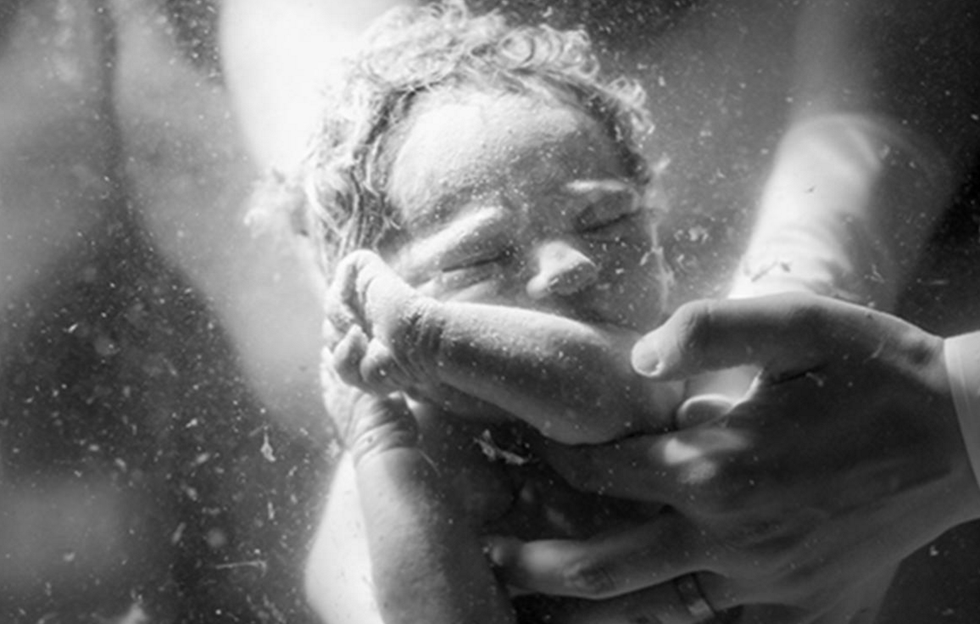[DIGEST: BBC, IFL, Independent, Gizmodo]
In the world of Downton Abbey, just 100 years ago, death in childbirth was common: about 600 in 100,000 live births. In the United States today, that number is down to about 15 women per 100,000 live births.
Part of the reason why maternal mortality rates have declined is the increase in Caesarian births. C-sections now make up about one in three births in the United States. That number has soared from just 25 years ago, when Caesarians made up closer to 20 percent of births.
The increase in Caesarian sections has certainly saved the lives of many women and children. But new research suggests it may have another effect too: it may be altering human evolution.
In a study published earlier this year in the Proceedings of the National Academy of Sciences, researchers estimated that the number of cases where a baby cannot fit down the mother’s birth canal has gone up from 30 in 1000 births in the 1960s, to 36 in 1000 births today. The authors argued that this increase—approximately 20 percent—is due in part to a shifting in the delicate balance between the size of a woman’s pelvis and the size of her baby’s head.
Evolutionarily, there is pressure for babies to be born big: Bigger babies have a greater chance of survival. However, there is also evolutionary pressure for women to have a narrow pelvis. Narrow pelvises are thought to help women walk upright and to prevent premature birth. In the past, if the baby’s head was too big for the mother’s pelvis, the baby would get stuck in the pelvis—a condition known as fetopelvic disproportion. This would often kill the child and sometimes the mother, too, effectively preventing the genes from being passed on.
With Caesarian sections, this is no longer preordained. “One side of this selective force—namely the trend toward smaller babies—has vanished due to Caesarian section,” said Dr. Philipp Mitteroecker, co-author of the study.

The study has met with some questioning from other scientists. Smithsonian paleoanthropologist Dr. Briana Pobiner speculated that there are “probably many other biological and cultural issues that factor into the Caesarian sections rate, which varies widely across the developed and developing world.” For instance, Caesarian rates may be increasing due to an increase in maternal age, diabetes, and obesity.
The researchers’ methods have also been called into question. The authors did not analyze their predictions to see if babies’ heads were actually getting larger, or women’s pelvises smaller. “They also don’t control for any other factors that could be affecting fetopelvic disproportion—and assume that C-sections are the only factor in the evolution of fetopelvic disproportion—which is an oversight that is quite shocking for a published, peer-reviewed scientific paper,” said Randy Olsen, a Senior Data Scientist at the University of Pennsylvania Institute for Biomedical Informatics. “I don’t think it’s appropriate for them to make such a claim in their paper, especially based on a simple mathematical model that has only a small basis in reality.”
Whether or not C-sections are actually causing a shift in human evolution, even the study’s co-author warned that that continued effect will be minimal. Mitteroecker stated that he believed the trend would continue, “but perhaps only slightly and slowly.” He explained, “There are limits to [the evolutionary effect]. So I don’t expect that one day the majority of children will have to be born by [Caesarian] sections.”














 Happy Jennifer Aniston GIF
Happy Jennifer Aniston GIF  look ceiling GIF
look ceiling GIF  Creepy GIF
Creepy GIF  Hidden Room Loop GIF by sheepfilms
Hidden Room Loop GIF by sheepfilms 
 @AzRepGillette/X
@AzRepGillette/X @AzRepGillette/X
@AzRepGillette/X @AzRepGillette/X
@AzRepGillette/X
 @nicolekatelynn1/TikTok
@nicolekatelynn1/TikTok @nicolekatelynn1/TikTok
@nicolekatelynn1/TikTok @nicolekatelynn1/TikTok
@nicolekatelynn1/TikTok @nicolekatelynn1/TikTok
@nicolekatelynn1/TikTok @nicolekatelynn1/TikTok
@nicolekatelynn1/TikTok @nicolekatelynn1/TikTok
@nicolekatelynn1/TikTok @nicolekatelynn1/TikTok
@nicolekatelynn1/TikTok @nicolekatelynn1/TikTok
@nicolekatelynn1/TikTok @nicolekatelynn1/TikTok
@nicolekatelynn1/TikTok @nicolekatelynn1/TikTok
@nicolekatelynn1/TikTok @nicolekatelynn1/TikTok
@nicolekatelynn1/TikTok @nicolekatelynn1/TikTok
@nicolekatelynn1/TikTok
 @valerieelizabet/TikTok
@valerieelizabet/TikTok @valerieelizabet/TikTok
@valerieelizabet/TikTok @valerieelizabet/TikTok
@valerieelizabet/TikTok @valerieelizabet/TikTok
@valerieelizabet/TikTok @valerieelizabet/TikTok
@valerieelizabet/TikTok @valerieelizabet/TikTok
@valerieelizabet/TikTok @valerieelizabet/TikTok
@valerieelizabet/TikTok @valerieelizabet/TikTok
@valerieelizabet/TikTok @valerieelizabet/TikTok
@valerieelizabet/TikTok @valerieelizabet/TikTok
@valerieelizabet/TikTok @valerieelizabet/TikTok
@valerieelizabet/TikTok